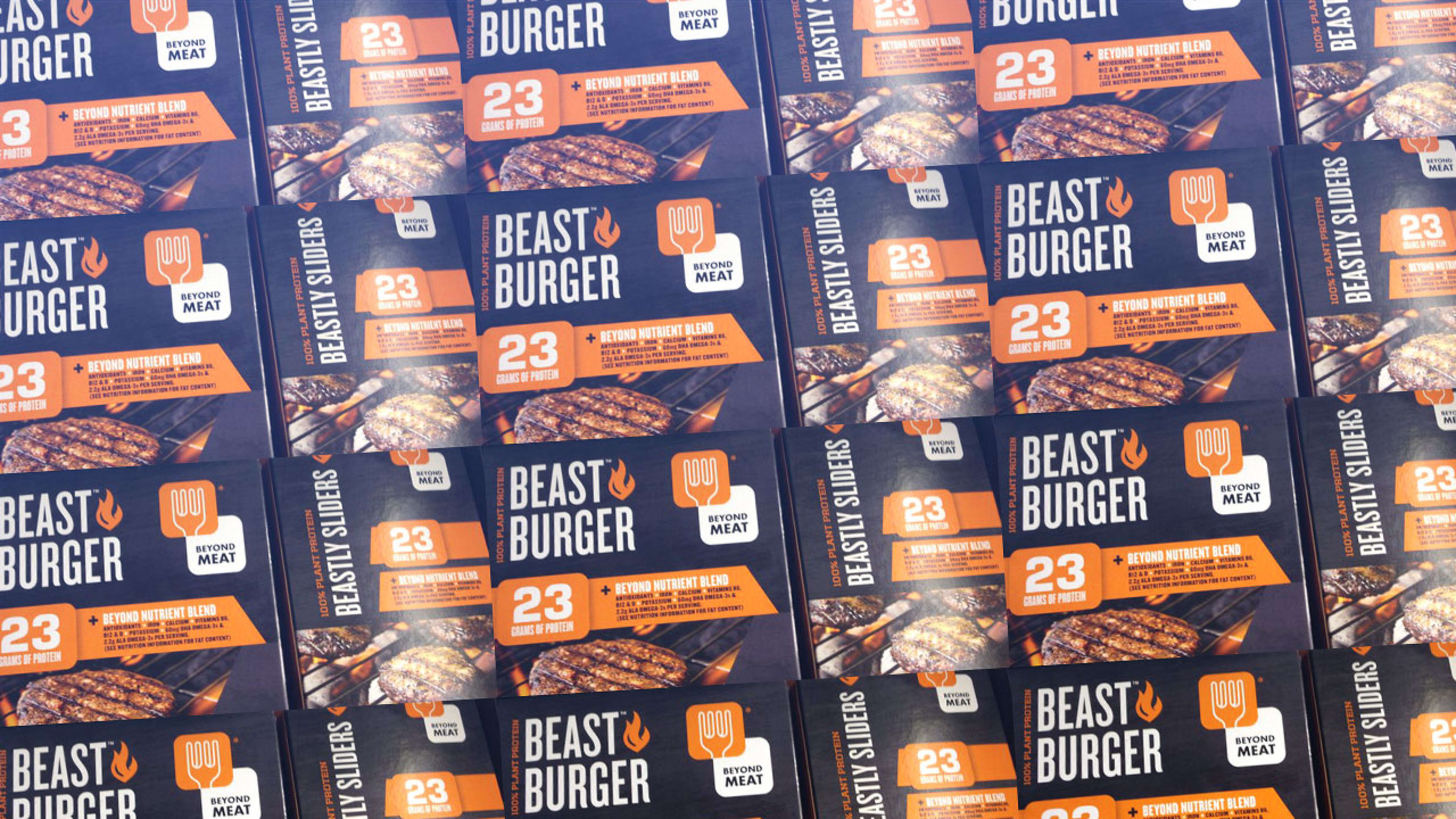The first time that venture capitalist Ray Lane ate something produced by Beyond Meat, one thing stuck with him—literally.
Back then, six or seven years ago, the company was focused on creating a chicken-like strip from plants. “I put it in my mouth, and it’s still there 15 minutes later,” recalls Lane, a partner emeritus at Kleiner Perkins Caufield & Byers, which in 2011 became the first outside investor in Beyond Meat. “I’m trying to pick it out of my teeth.”
Since then, Beyond Meat has added to its offerings plant-based burger patties and crumbles good for tacos and Bolognese—all of it with the same aim: to replicate the flavor, texture, and full sensory experience of eating animals but to deliver high levels of protein (mostly via peas) in a way that is far better for both human health and the environment.
“My mother always questions my strategy on this and says, ‘Why are you always trying to make it taste like meat? Why not just make it taste good and leave the rest alone?'” Ethan Brown, Beyond Meat’s founder and CEO, told me on the latest episode of my podcast, The Bottom Line, where he was joined by Lane.
But Brown believes that the only way to crack the mass market is to acknowledge that people have a strong attachment to meat and to take that on directly—a decision that has catapulted his company’s products into the meat case (and not the health-food aisle) at Whole Foods, Safeway, Kroger, and other chains.
“Meat is central to who we are as a species and as a culture, and so the notion that people are going to stop eating meat, I think, is a false one,” Brown says. “But the idea that people will start eating plant-based meat is a very promising one.”
Brown’s determination has led to another crucial piece of his strategy, as well: not shying away from collaborating with traditional players in the meat industry. “There’s a lot to learn from them both on the production side and on the development side,” Brown explains.
And so, while Beyond Meat counts the Humane Society of the United States as an investor, Tyson Foods owns 5% of the company. Meanwhile, former McDonald’s CEO Don Thompson, another investor in Beyond Meat, is the one who came up with the name of the company’s signature product: the Beyond Burger.
“It would be a mistake to demonize the consumption of meat,” says Brown, who himself is a vegan. Climate change, which is driven in large measure by livestock production, “is a global problem we have to solve together. There’s not time for ideological differences. . . . Protein is protein.”
You can listen to my entire interview with Brown and Lane here, as well as Ernest Savage reporting on efforts by a startup called Milk and Eggs to bring fresh fruits and vegetables to food deserts, and Natalie Foster exploring why the Independent Drivers Guild in New York represents an important new form of collective worker power.
Recognize your brand’s excellence by applying to this year’s Brands That Matter Awards before the early-rate deadline, May 3.
